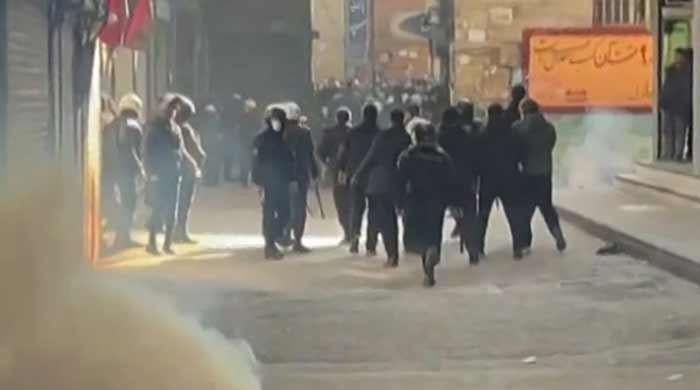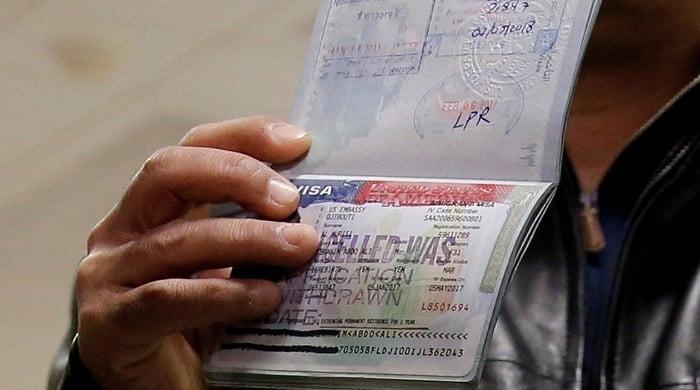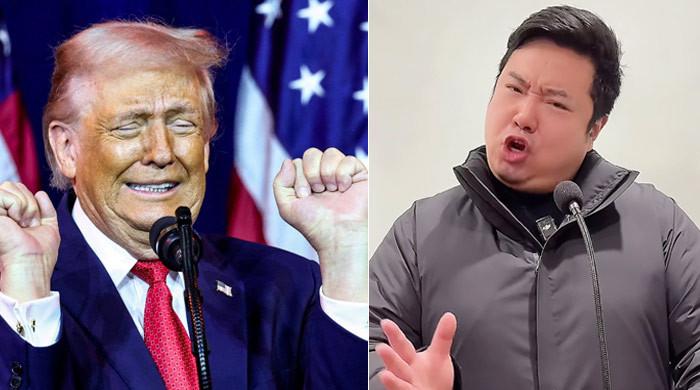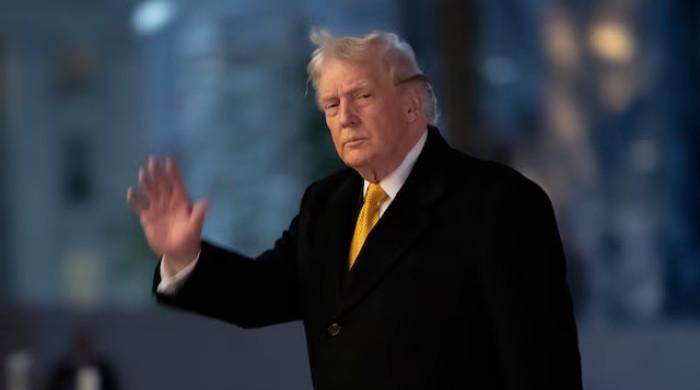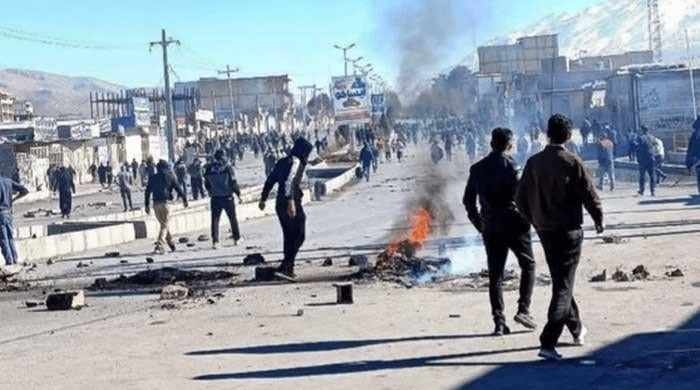Russian FM Lavrov says Taliban recognition not on the agenda
Comment comes after Taliban nominated a UN envoy, setting up a showdown over Afghan seat at world body
September 27, 2021
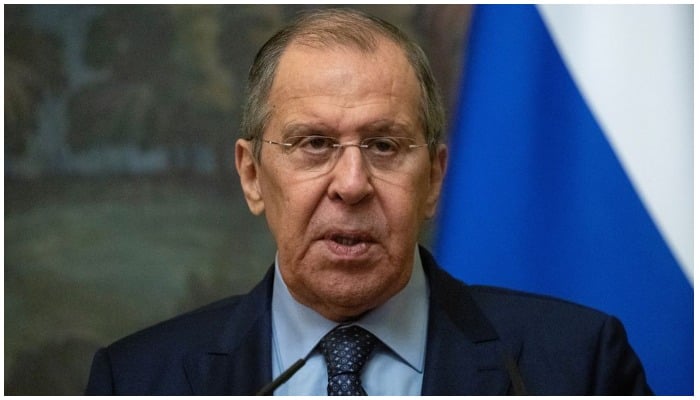
- Lavrov speaks on the sidelines of the annual gathering of world leaders in New York for the UN General Assembly.
- Taliban FM Muttaqi nominates the group's spokesman Suhail Shaheen as Afghanistan's UN ambassador.
- UN Chief Guterres says the Taliban's desire for int. recognition is the only leverage other countries have to press for inclusive govt.
UNITED NATIONS: Russian Foreign Minister Sergei Lavrov said on Saturday that the question of international recognition of the Taliban was not currently “on the table”.
Lavrov was speaking on the sidelines of the annual gathering of world leaders in New York for the UN General Assembly. His comments come after the Taliban nominated a UN envoy, setting up a showdown over Afghanistan's seat at the world body.
"The question of international recognition of the Taliban at the present juncture is not on the table," Lavrov told a news conference.
Taliban Foreign Minister Amir Khan Muttaqi on Monday nominated the group's Doha-based spokesman Suhail Shaheen as Afghanistan's UN ambassador. The Taliban seized power in Afghanistan last month.
Ghulam Isaczai, the current UN ambassador who represents the Afghan government ousted by the Taliban, has also asked to renew his UN accreditation.
Russia is a member of a nine-member UN credentials committee — along with China and the United States — which will deal with the competing claims on Afghanistan's UN seat later this year.
UN Secretary-General Antonio Guterres has said that the Taliban's desire for international recognition is the only leverage other countries have to press for inclusive government and respect for rights, particularly for women, in Afghanistan.
When the Taliban last ruled between 1996 and 2001 the ambassador of the Afghan government they toppled remained the UN representative after the credentials committee deferred its decision on rival claims to the seat.




